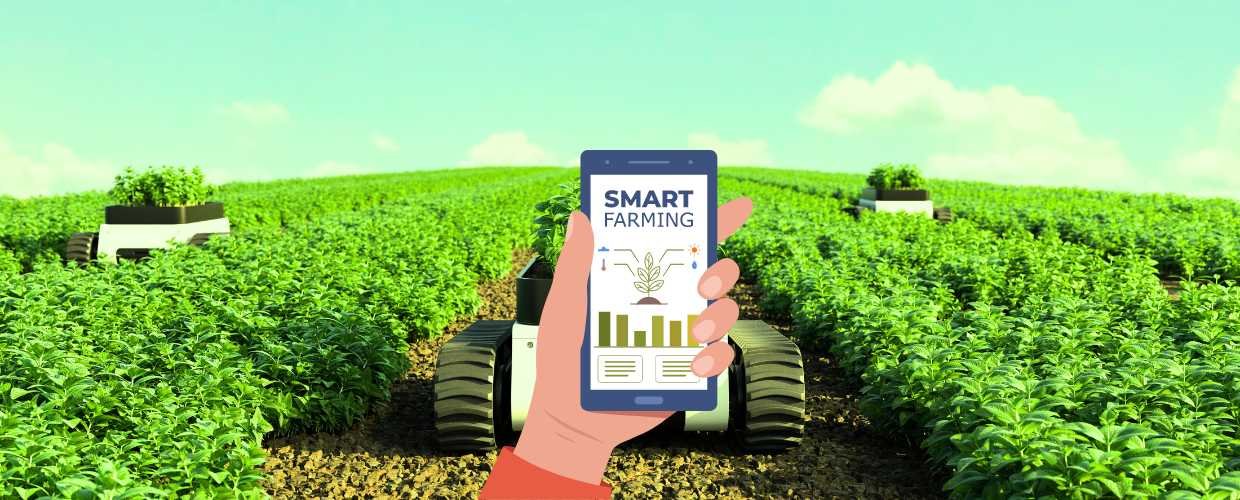Smart farming, also known as precision agriculture, is a modern approach to agricultural practices that leverages technology and data-driven methods to enhance crop yields, reduce resource wastage, and promote sustainable farming. It represents a significant shift in how we produce food and manage agricultural resources.
Smart Farming Facts
Smart farming represents a promising approach to agriculture that combines technology with traditional farming practices. Some of the essential facts are below.
- Data-Driven Decision-Making: Smart farming relies on data from sensors, drones, satellite imagery, and other sources to make informed decisions about crop planting, irrigation, fertilization, and pest control.
- Precision Farming: Precision agriculture techniques, such as GPS-guided machinery and variable-rate application, allow farmers to target specific areas of their fields with the right amount of resources, reducing waste and increasing efficiency.
- Resource Conservation: Intelligent farming practices can lead to significant resource conservation, including reduced water usage, minimized chemical inputs, and decreased fuel consumption, contributing to environmental sustainability.
- Automation: Automation plays a vital role in smart farming, with autonomous tractors, robotic weeders, and even drones capable of performing tasks like planting, monitoring, and harvesting crops.
- Remote Monitoring: Farmers can remotely monitor their fields and equipment through mobile apps and cloud-based platforms, providing real-time insights and alerts for timely interventions.
Smart Farming Views
To fully realize the benefits of smart farming, policymakers, technology providers, and farmers need to collaborate. Below are some critical views.
- Sustainable Agriculture: Many view smart farming as a means to promote sustainable agriculture by reducing waste, improving resource efficiency, and minimizing the environmental impact of farming practices.
- Increased Productivity: Intelligent farming technologies can increase crop yields and overall farm productivity, contributing to food security and economic viability for farmers.
- Data Ownership and Privacy: Concerns have been raised about data ownership and privacy in smart and data-driven technology farming. Farmers may need to navigate complex data-sharing agreements with technology providers and safeguard sensitive farm data.
- Accessibility and Adoption: The cost of implementing intelligent farming technologies can be a barrier for some farmers, particularly those in developing regions. Ensuring equitable access to these technologies is a challenge.
- Environmental Impact: While innovative farming technology can reduce resource use and environmental impact, there are concerns about the energy consumption and electronic waste associated with high-tech agricultural equipment.
Conclusion
Smart farming has the potential to revolutionize the agricultural sector by increasing efficiency, reducing waste, and promoting sustainability. However, it also comes with challenges related to data ownership, accessibility, and environmental considerations. As the world faces the challenges of feeding a growing population while preserving natural resources, smart farming is likely to play a crucial role in shaping the future of agriculture.





